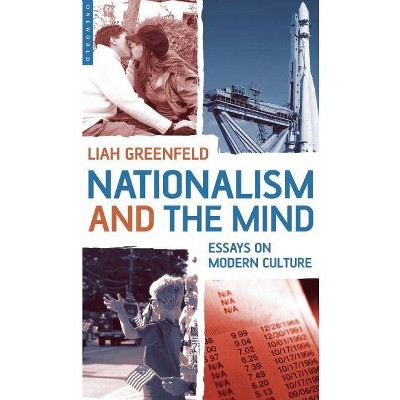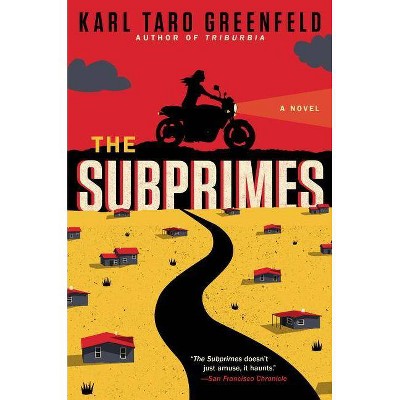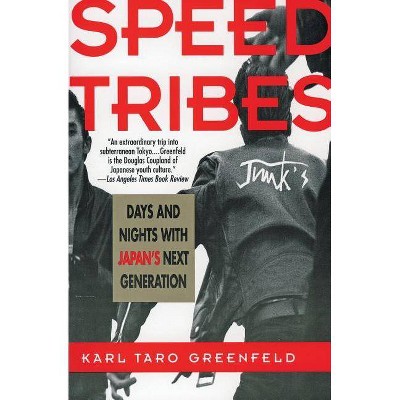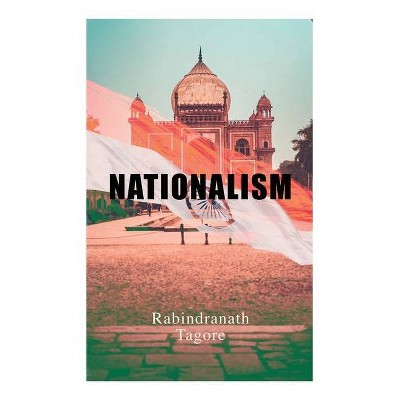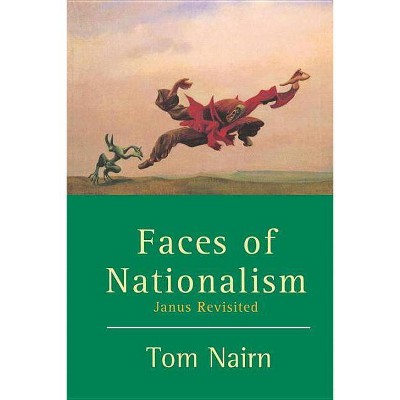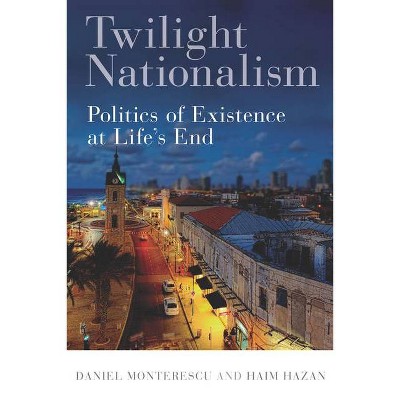Nationalism - by Liah Greenfeld (Paperback)
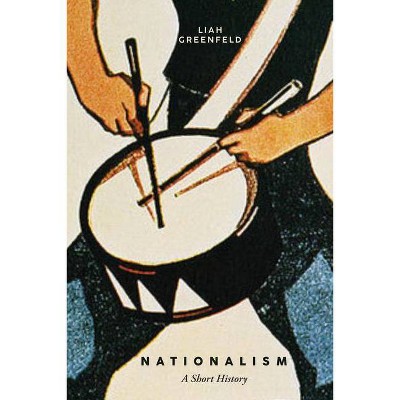
Similar Products
Products of same category from the store
AllProduct info
<p/><br></br><p><b> About the Book </b></p></br></br>"Nationalism, often the scourge, always the basis of modern world politics, is spreading. In a way, all nations are willed into being. But a simple declaration, such as Grouvelle's, is not enough. As historian Liah Greenfeld shows in her new book, a sense of nation--nationalism--is the product of the complex distillation of ideas and beliefs, and the struggles over them. Greenfeld takes the reader on an intellectual journey through the origins of the concept "nation" and how national consciousness has changed over the centuries. From its emergence in sixteenth century England, nationalism has been behind nearly every significant development in world affairs over succeeding centuries, including the American and French revolutions of the late eighteenth centuries and the authoritarian communism and fascism of the twentieth century. Now it has arrived as a mass phenomenon in China as well as gaining new life in the United States and much of Europe in the guise of populism"--<p/><br></br><p><b> Book Synopsis </b></p></br></br><p>"We need a nation," declared a certain Phillippe Grouvelle in the revolutionary year of 1789, "and the Nation will be born."--from <i>Nationalism</i></p><p>Nationalism, often the scourge, always the basis of modern world politics, is spreading. In a way, all nations are willed into being. But a simple declaration, such as Grouvelle's, is not enough. As historian Liah Greenfeld shows in her new book, a sense of nation--nationalism--is the product of the complex distillation of ideas and beliefs, and the struggles over them.</p><p>Greenfeld takes the reader on an intellectual journey through the origins of the concept "nation" and how national consciousness has changed over the centuries. From its emergence in sixteenth century England, nationalism has been behind nearly every significant development in world affairs over succeeding centuries, including the American and French revolutions of the late eighteenth centuries and the authoritarian communism and fascism of the twentieth century. Now it has arrived as a mass phenomenon in China as well as gaining new life in the United States and much of Europe in the guise of populism.</p> <p>Written by an authority on the subject, <i>Nationalism</i> stresses the contradictory ways of how nationalism has been institutionalized in various places. On the one hand, nationalism has made possible the realities of liberal democracy, human rights, and individual self-determination. On the other hand, nationalism also has brought about authoritarian and racist regimes that negate the individual as an autonomous agent. That tension is all too apparent today.</p><p/><br></br><p><b> From the Back Cover </b></p></br></br><p>Nationalism has re-emerged as a potent force in world affairs--sometimes as a force of positive aspiration, sometimes as an inward-looking force of hatred and bigotry. But what is nationalism? Hasn't nationalism, in one form or another, always been an aspect of the human experience?</p><p>Liah Greenfeld answers those and other questions in her new book as she explores what, in historical terms, is the relatively short history of nationalism. Beginning with Shakespeare's accounts of the bloody internecine wars in pre-modern England, Greenfeld traces the development of the idea that the people within a given geographical boundary constituted a sovereign community of fundamentally equal members, named a nation. Over time, Greenfeld explains, this novel idea gave rise to an inclusive political identity of all people regardless of economic or social standing (national identity) and an extensive system of modern values--what we now call nationalism.</p><p>Since the sixteenth century, nationalism increasingly has been the consciousness motivating both rulers and the ruled to seek to secure their nation's place in the broader world and to compete for dignity. Greenfeld traces this history with fascinating accounts of how the concept of nationhood migrated from England to France, then to Russia and the United States, then eventually to much of the rest of the world, culminating most recently with the arrival of nationalism in China. This idea underwent numerous permutations as it traveled, but the central concept of a sovereign community of members sharing in common dignity remained.</p><p>During the twentieth century, nationalism was associated with the extremism of fascism, Nazism, and communism. The idea of nationalism fell into widespread disrepute after World War II--especially in the West--where it remained for several decades. But today, as Greenfeld notes, nationalism still "is the defining factor of the world in which we live," an idea that drives politics and even economies across the globe.</p><p>Greenfeld recounts the history of nationalism with clarity, corrects misperceptions about that past, and suggests that nationalism is likely to stick around for a while--but refuses to predict just how long that while will be.</p><p/><br></br><p><b> Review Quotes </b></p></br></br><br><p>"Greenfeld, the author of massive historical-sociological studies of the rise of nationalism, capitalism, and modernity, here distills the story of nationalism into a short and captivating historical drama."--G. John Ikenberry, <i>Foreign Affairs</i></p><br><br><p>"The rise of China and India, the challenges of radical Islam, the new nativist forces in the West: the world is experiencing tremendous changes and little seems to explain why all this is happening. In this riveting account, Liah Greenfeld, one of the leading intellectuals of our time, forcefully argues that underpinning much of what we are witnessing today is the same force that has shaped human affairs in the last three hundred plus years: nationalism. Nationalism remains the fundamental cultural driver of all major events in the world. This book explains how this is so and what it means for our shared futures."--Francesco Duina, professor of sociology, Bates College</p><br><br><p>"This book trains Liah Greenfeld's probing lens specifically on the history of nationalism. The case studies are explained in such a way that one can clearly understand the development of the different forms of nationalism. This concise account ties nationalism to the modern passion for equality, completely unfamiliar to the old world, and shows not only its impact on our political, economic, and social lives but more importantly how it affects our existential reality, particularly in the age of globalization. The book is a must read for all interested in coming to grips with the central phenomenon of our time."--Oliver Benoit, Chair, Department of Humanities and Social Sciences, St. George's University</p><br><p/><br></br><p><b> About the Author </b></p></br></br><p><b>Liah Greenfeld</b> is the author, among other works, of the trilogy on nationalism and modern experience, including <i>Nationalism: Five Roads to Modernity</i>; <i>The Spirit of Capitalism: Nationalism and Economic Growth</i>; and <i>Mind, Modernity, Madness: The Impact of Culture on Human Experience</i>, published by Harvard University Press (1992, 2001, 2013).</p>
Price History
Cheapest price in the interval: 20.49 on October 23, 2021
Most expensive price in the interval: 20.49 on November 8, 2021
Price Archive shows prices from various stores, lets you see history and find the cheapest. There is no actual sale on the website. For all support, inquiry and suggestion messagescommunication@pricearchive.us
